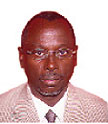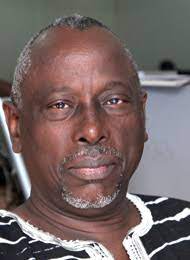Of memory, testimony and Genocide deniers
DURING THE Genocide commemoration period we hear many stories recounted by survivors of their miraculous escape from certain death.

Joseph Rwagatare

